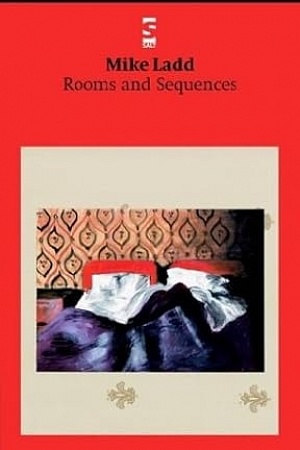Saving from the Wreck: Essays on poetry
Trent Books, £8.99pb, 216 pp, 9781842330551
Saving from the Wreck: Essays on poetry by Peter Porter
The cover illustration of Peter Porter’s selection of essays shows a mosaic from the Basilica di S. Marco, Venezia, in which Noah leans out from the wall of the Ark and releases the questing dove. The last words of the selection go:
This is what I have been trying to unearth in my talk – the possible replacing what is not possible, the Poetry we make from our inadequacy – inadequacy not just of our own minds but of the place we live in, the language we have developed and the moral truthfulness we espouse. Poetry has such opportunities for failure it must always be preferable to philosophy or religion. It is simply that much more human.
Admirers of Porter’s poetry, of whom I am one, will be surprised by neither of these facts. On the one hand, that poetry has a powerful impulsion towards retrieval and celebration – all those painters and paintings re-housed, those musicians re-harmonised – while, on the other, the rueful, baleful ways of the best-known hominid are treated as though Porter were a dark Mrs Beeton, bringing all the bad news about maladroitness in the world’s housekeeping. Saving from the Wreck sports eleven papers or lectures whose titles range from ‘Poetry and Madness’ through ‘The Couplet’s Last Stand’ to ‘Recording Angels and Answering Machines’. Consistently, Porter sounds like neither of the latter creatures – itself a refreshing change from much critical or theoretical writing – but like what he really is, namely someone for whom vivacious, complex and incident-packed conversation is a natural and necessary thing. As he has often mentioned, his first love is music, and he deals with it here as a matter of course; but poetry as art, as calling and as predicament is the main business of the book, and Porter handles it with both zeal and zest. John Lucas, in his introduction, invokes the name of Randall Jarrell, and Porter’s prose does indeed have the heft, brio, and sometimes the mordancy of that singular performer.
Continue reading for only $10 per month. Subscribe and gain full access to Australian Book Review. Already a subscriber? Sign in. If you need assistance, feel free to contact us.









Leave a comment
If you are an ABR subscriber, you will need to sign in to post a comment.
If you have forgotten your sign in details, or if you receive an error message when trying to submit your comment, please email your comment (and the name of the article to which it relates) to ABR Comments. We will review your comment and, subject to approval, we will post it under your name.
Please note that all comments must be approved by ABR and comply with our Terms & Conditions.